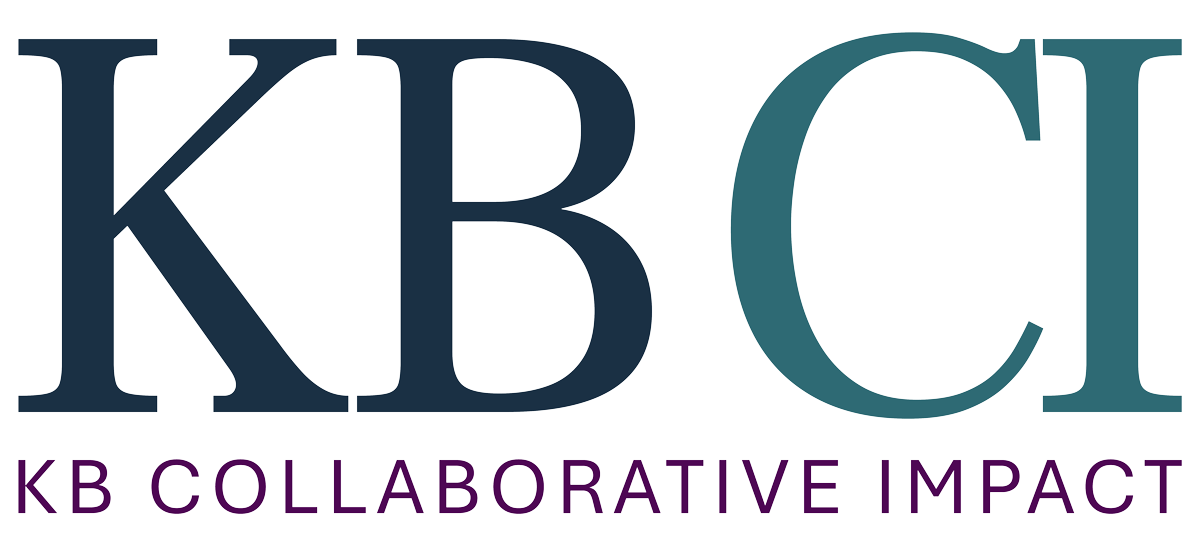
Give yourself a break!
by Katherine Burke
Summer’s flying by. Take a vacation. I know it feels like the world is falling apart, and your organization is desperately trying to keep up, and your team depends on you to get things done, and prep work to leave is such a pain, and everything is so expensive these days and, and, and…
Take a deep breath. The reality is that the world, your team, and your organization will survive for a couple of weeks without you. In fact, they’ll be better off in the long run for the break you gifted yourself.
A change of scenery, a change of routine, and an opportunity to experience new places and activities can refresh your brain and your body. This creates space to form big new ideas, elicit elusive solutions to persistent challenges, and develop a more grounded perspective on the world and your place in it.
I’ve had the opportunity to peek inside a wide variety of organizations, and have often witnessed the American work culture phenomenon in which managers publicly value vacation leave while privately questioning the ethics of those who dare to take their well-deserved rest. Employees perceive this attitude and take it onboard in their own decisions (not) to take time off. From 1996 to 2016, vacation days taken by full-time employees in the U.S. decreased by a staggering 24%.* According to a study by Sorbet, a financial technology firm, 33% of paid time off was unused by Americans in 2023 (women left 42% of their time on the table, on average, compared to 26% left by men). Despite massive advances in technology, we’re working longer hours and taking fewer meaningful breaks.
This trend appears to be driven in part by a misguided notion that hard work equals good work, alongside a belief that commitment to mission can be measured in hours logged rather than in outcomes produced. We all know that organizational success should be tracked through outcomes rather than outputs. Why don’t we accept that the same is true for individual performance? “Performative” culture is all around us with the rise of social media and perfectly cultivated online profiles. But performative behavior at work, embodied by long hours logged and unused vacation days, does not equal results.
The value of vacation has been well documented by others far more qualified than me. Ernst & Young found that employee ratings went up by 8% for each additional 10 hours of vacation taken by staff. According to the Harvard Business Review’s Project: Time Off, “People who took fewer than 10 of their vacation days per year had a 34.6% likelihood of receiving a raise or bonus in a three-year period of time. People who took more than 10 of their vacation days had a 65.4% chance of receiving a raise or bonus.”
But I suspect that all of us already understand this intuitively. We know that we feel better after a break from work. We know that inspiration comes to us not when we’re staring at our laptop screen but when we’re surrounded by the beauty of nature on a hike or exploring the sidewalks of a new city or town.
So please, do yourself, your team, and the world a favor. Lead by example and take that vacation before this summer is over. Give yourself a change of scenery, whether that’s through local day trips or that grand tour of Asia you’ve been envisioning. The challenges at work will be awaiting you upon your return, but you’ll meet them with fresh energy and new perspectives, ready to tackle them with a clarity and confidence that your colleagues will notice, admire, and – hopefully – seek to emulate.
*Project: Time Off 2016 in HBR

